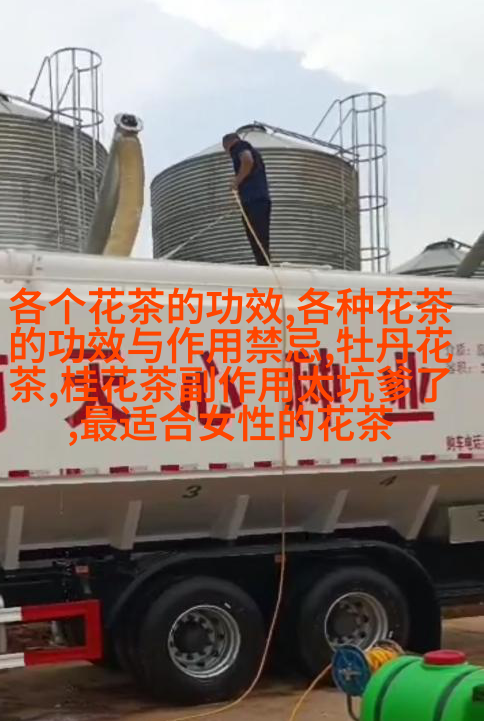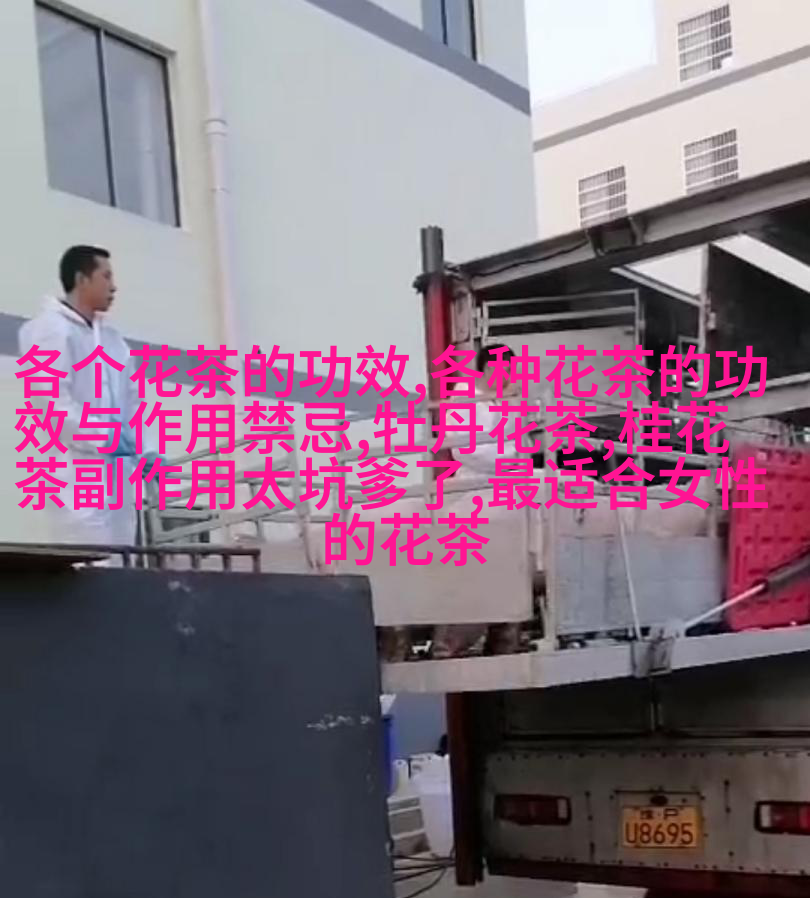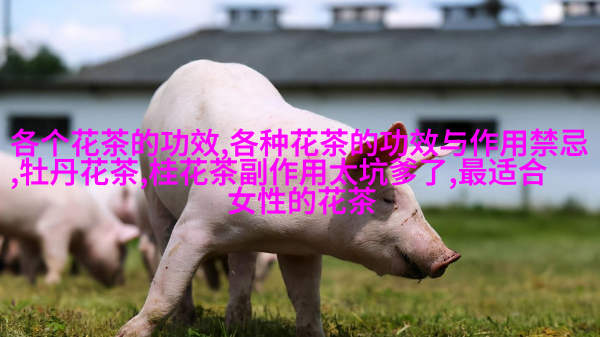庆祝中华文化:深入探究中国16个传统节日的历史与习俗

中国传统节日的重要性
中国传统节日不仅是人们纪念历史、缅怀先人的重要时刻,也是维系家族和社会关系,体现中华文化精神的载体。这些节日通过丰富多彩的活动和特有的习俗,展现了中国悠久的历史底蕴和独具特色的民族风情。

春节——万家欢乐的开始
春节作为中国最大的传统节日之一,其起源可以追溯到远古时期,每逢农历新年,家庭成员团聚,是中华民族共同庆祝新年的典型形式。春联、灯笼、红包等都是这一季度不可或缺的情景。

清明——祭扫祖先与植树造林
清明 festival, also known as Tomb Sweeping Day, is a significant traditional holiday in China. It's a time for people to pay respects to their ancestors by cleaning and renovating tombs, offering food and incense, and reciting poetry or chanting scriptures.

端午——龙舟竞渡与粽子食用
The Dragon Boat Festival commemorates the death of Qu Yuan, an ancient Chinese poet who drowned himself in the Miluo River rather than be captured by his enemies during the Warring States period. Today it is celebrated with dragon boat races and eating zongzi (glutinous rice dumplings).

中秋——月饼与相思之情
The Mid-Autumn Festival marks the full moon night on the 15th day of the 8th lunar month when families gather together to enjoy mooncakes and appreciate the beauty of nature under a bright full moon.
重阳——敬老爱老的心愿
The Double Ninth Festival celebrates seniors' longevity with elderly citizens visiting each other while sharing wine and double-layered cakes made from glutinous rice flour called "double ninth cake". This tradition emphasizes respect for elders in Chinese culture.
每一个传统节日都承载着深厚的情感和丰富的文化内涵,它们不仅为现代人提供了一种回归过去、接触根源文化的手段,更是增强了民族凝聚力和国家认同感。在全球化的大背景下,这些珍贵的记忆也成为了连接不同时代、地区乃至世界各地人民心灵的一道桥梁。
